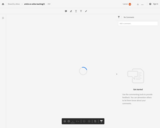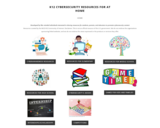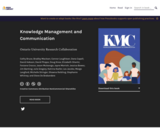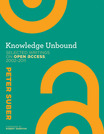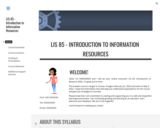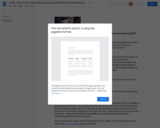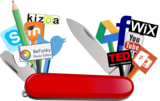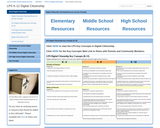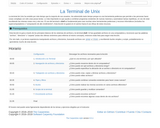Perspektiven auf einen gesellschaftlichen Umbruch
Short Description:
Die Digitalisierung ist ein Phänomen, das unsere Gesellschaft durchdringt und herausfordert. Ihr scheint eine Kraft innezuwohnen, die mit einem Wandel in vielen Bereichen einhergeht. Vor diesem Hintergrund spricht man auch von einer digitalen Transformation, von einem grundlegenden Umbruch, der unser Miteinander durcheinanderwirbelt, neu strukturiert und sich durch eine neue Qualität der Verwobenheit von Mensch, Organisation und Technologie in nahezu allen Lebensbereichen auszuzeichnen scheint. Dieses Kompendium ist der Versuch, die Digitale Transformation aus unterschiedlichen Perspektiven zu beleuchten, um sie jenseits ihrer technologischen Dimension interpretieren, verstehen und begreifen zu können.
Long Description:
Die Digitalisierung ist ein Phänomen, das unsere Gesellschaft durchdringt und herausfordert. Ihr scheint eine Kraft innezuwohnen, die in vielen Bereichen einen Wandel bewirken kann. Vor diesem Hintergrund ist auch die Rede von einer digitalen Transformation, von einem grundlegenden Umbruch, der unser Miteinander durcheinanderwirbelt, neu strukturiert und sich durch eine neue Qualität der Verwobenheit von Mensch, Organisation und Technologie in nahezu allen Lebensbereichen auszuzeichnen scheint. Digitalisierung, verstanden als digitale Transformation, ist damit weit mehr als eine neue technologische Errungenschaft, die technische Prozesse oder betriebswirtschaftliche Verfahrensabläufe effizienter und transparenter macht. Digitalisierung ist vielmehr die Art und Weise, mit der das Digitale unsere Gesellschaft und unser Verhalten durchdringt und – mehr oder weniger bewusst – verändert.
Dieses Kompendium ist der Versuch, die Digitale Transformation aus unterschiedlichen Perspektiven zu beleuchten, um sie jenseits ihrer technologischen Dimension interpretieren, verstehen und begreifen zu können. Autorinnen und Autoren mit unterschiedlichen fachlichen Hintergründen und Perspektiven geben Impulse für einen transdisziplinären Diskurs mit aktueller gesellschaftspolitischer Relevanz.
Das Kompendium Digitale Transformation ist längerfristig angelegt und soll laufend ergänzt und fortgeschrieben werden. Grundlegende wissenschaftliche Reflexionen und Zusammenhänge sollen dabei mit praktischen Erfahrungen und Vorstellungen konfrontiert werden, so dass sie sich wechselseitig hinterfragen und befruchten können. Auf diese Weise soll das Kompendium sowohl als Diskursbeitrag wie auch als Impuls für einen bewussten und verantwortungsvollen Umgang mit der Digitalen Transformation dienen.
Word Count: 21561
ISBN: 978-3-948709-13-6
(Note: This resource's metadata has been created automatically by reformatting and/or combining the information that the author initially provided as part of a bulk import process.)
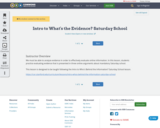

![An Invaluable Educational Multi-tool Open Educational Resources [Poster]](https://img.oercommons.org/160x134/oercommons/media/upload/materials/images/Screenshot_poster.png)

